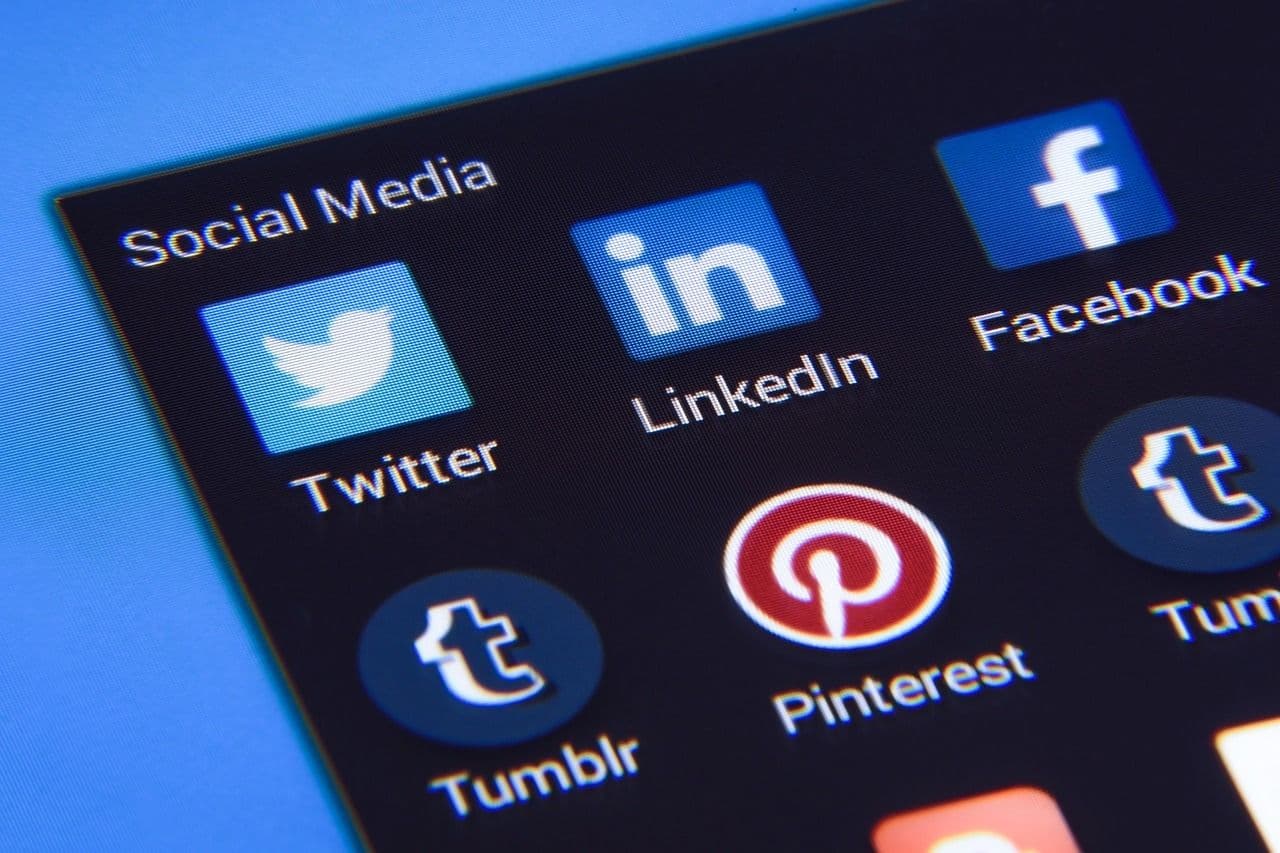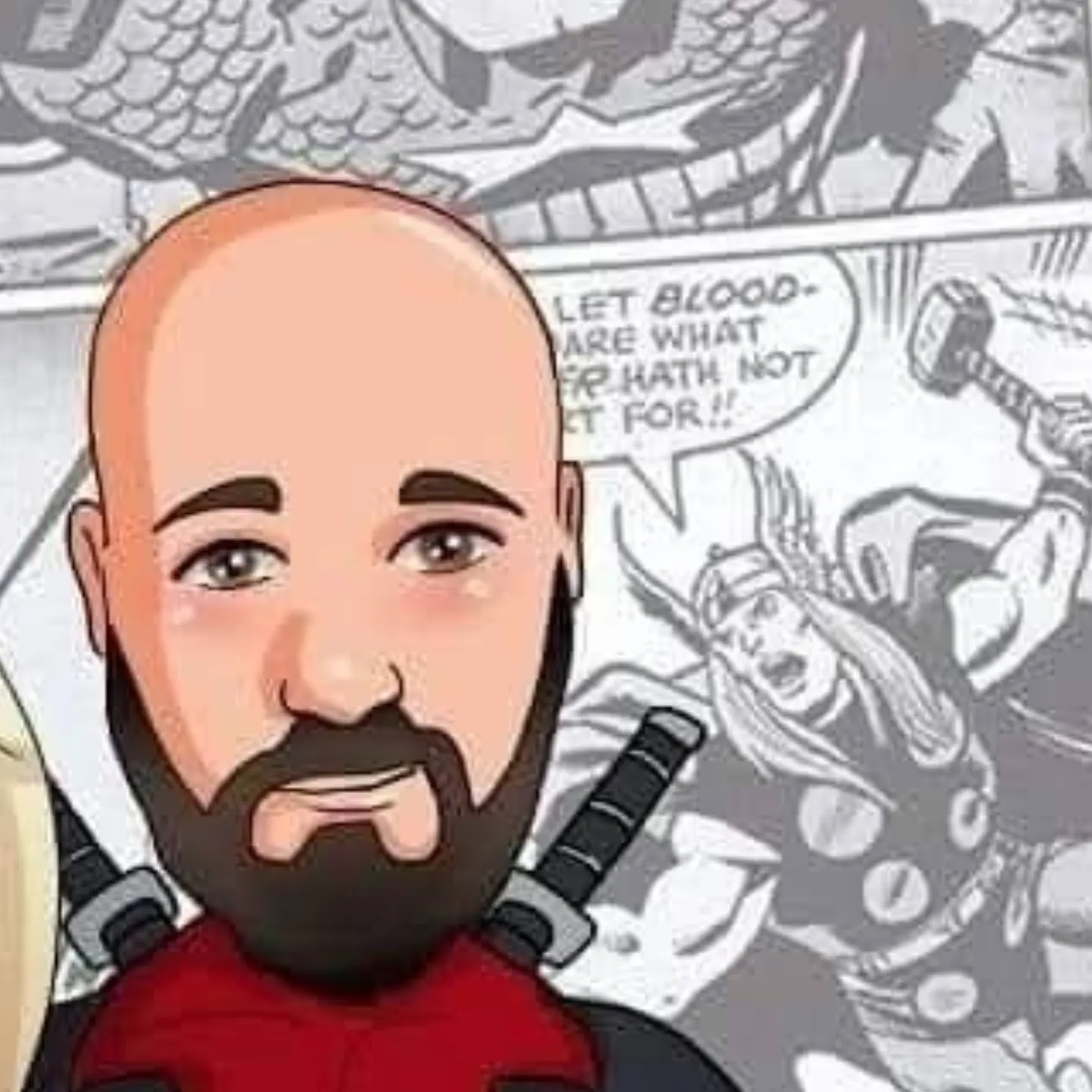We normally try to keep our language moderate here at Just About, but in this case we have good reason to make an exception. Enshittification was the American Dialect Society's word of the year for 2023. It was coined by journalist Cory Doctorow to describe the decay of major online platforms. Here's an explanation Cory gave in an article for Wired:
"First, [online platforms] are good to their users; then they abuse their users to make things better for their business customers; finally, they abuse those business customers to claw back all the value for themselves. Then, they die."
Fighting enshittification is one of Just About's founding principles. It underlies our entire business model. Deshittification, however, will be an uphill battle.
We want to know if you've felt the effects of enshittification, and if you have any ideas for fixing it. You can enter this bounty with text or video. We're looking for fuller answers to this one; aim for at least 150 words.
Task: Tell us your opinions on enshittification and propose solutions
Format: Written or video
How to submit a written entry:
Hit the 'submit to this bounty' button just below this description - do not use the reply button unless you just want to comment on the thread, as replies will not be counted as entries!
Add a written response and feel free to include images.
How to submit a video entry:
Create your video and post it to your connected TikTok, YouTube or Instagram account.
In your post description, please tag us! We're @JustAbout__ on YouTube, @justaboutcommunity on Instagram, and @justaboutcommunity on TikTok. We'd also love it if you included #JustAbout.
Hit the 'submit to this bounty' button just below this description - do not use the reply button unless you just want to comment on the thread, as replies will not be counted as entries!
Share a link to your post in the box that appears, then expand it so we can view the video on Just About.
Once the deadline closes, we’ll pick eight submissions, award $5 to each of the winners, and may share them as curated content.
Disclaimer: Geographical and age restrictions apply. Please see our Terms of Use for more information on how bounties are created and rewarded on Just About. One reward available per member.
Take care not to breach copyright. Check our copyright policy before submitting.
Remember to link your social accounts before submitting multimedia assets!
Considering using AI to help? Think twice and first see our approach to AI content on Just About.
Bounty Rewards
Reward closed
Created at . Page last updated at .
Deadline at .





